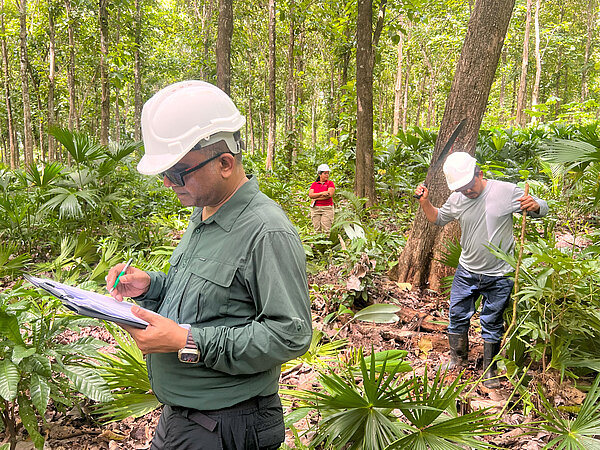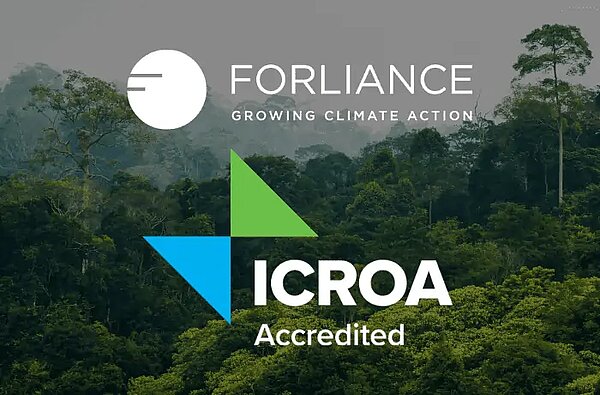Entendiendo los últimos cambios en políticas ESG: Lo que necesitas saber
March 07, 2023
Estrategia y Política Climática
Los criterios de Medio Ambiente, Social y Gobernanza (ESG) se han vuelto un aspecto cada vez más crítico en la inversión y en la toma de decisiones corporativas. En el último año, hemos sido testigos de varios cambios significativos en los marcos de políticas ESG. En esta publicación de blog, exploraremos los últimos cambios en políticas ESG y lo que significan para los inversores, las empresas y la comunidad global en general

La Regulación de Taxonomía de la UE
La Regulación de Taxonomía de la UE entró en vigor en julio de 2022 y tiene como objetivo establecer un marco común para las inversiones sostenibles. La regulación establece criterios para actividades económicas que contribuyen a la mitigación del cambio climático, la adaptación y la protección de la biodiversidad. También establece obligaciones de divulgación para los participantes del mercado financiero y emisores sobre cómo sus actividades se alinean con los criterios de la taxonomía.
La Regulación de Gobernanza Corporativa Sostenible de la UE (SCGR)
La SCGR de la UE fue propuesta en abril de 2021 y adoptada en diciembre de 2022. La regulación busca garantizar que las empresas que operan en la UE persigan objetivos sostenibles a largo plazo y tomen en cuenta los intereses de las partes interesadas, incluyendo empleados, clientes y el medio ambiente. La regulación requiere que las empresas informen sobre sus prácticas ESG, incluyendo su enfoque frente al cambio climático y otros temas de sostenibilidad.
El Informe de Energía y Carbono Simplificado del Reino Unido (SECR)
El SECR del Reino Unido entró en vigor en abril de 2019 y se aplica a grandes empresas y Sociedades de Responsabilidad Limitada (LLP). Requiere que estas organizaciones informen sobre su uso de energía y emisiones de carbono. En noviembre de 2022, el gobierno del Reino Unido anunció planes para extender los requisitos de informes del SECR a todas las grandes empresas del país, independientemente de su estructura legal.
La Junta Global de Normas de Sostenibilidad (GSSB)
En diciembre de 2022, la Fundación de Normas Internacionales de Información Financiera (IFRS) estableció la GSSB, que tiene como objetivo desarrollar normas globales de informes de sostenibilidad. La junta se basará en normas existentes, incluidas las recomendaciones del TCFD, y desarrollará nuevas normas sobre una variedad de temas de sostenibilidad. Se espera que la GSSB comience su trabajo a principios de 2023.

Inversores, empresas y responsables de políticas están reconociendo que las prácticas sostenibles son esenciales para la estabilidad y éxito económico a largo plazo.
Estos cambios en las políticas reflejan el creciente reconocimiento de la importancia de los factores ESG en la inversión y la toma de decisiones corporativas. Los inversores son cada vez más conscientes de los riesgos y oportunidades que presentan los factores ESG y están pidiendo mayor transparencia y divulgación. De manera similar, las empresas se están dando cuenta de que los factores ESG pueden impactar su rendimiento financiero y riesgo reputacional. Como resultado, las empresas están adoptando cada vez más políticas ESG y divulgando sus prácticas en este ámbito.
Los últimos cambios en las políticas ESG demuestran un enfoque creciente en la sostenibilidad y los factores ESG. Los inversores, empresas y responsables de políticas están reconociendo que las prácticas sostenibles son esenciales para la estabilidad y el éxito económico a largo plazo. Al adoptar políticas ESG, las empresas pueden mitigar riesgos, capitalizar oportunidades y demostrar su compromiso con la construcción de un futuro sostenible. Las nuevas regulaciones de informes de sostenibilidad jugarán un papel crucial en la promoción de una mayor transparencia y comparabilidad del rendimiento en sostenibilidad, lo que permitirá a los inversores y otras partes interesadas tomar decisiones informadas.
Comienza tu camino hacia la sostenibilidad con FORLIANCE
En FORLIANCE, te ayudamos a obtener una visión general y a apoyarte en el logro de tus objetivos de sostenibilidad.¡Establezcamos una llamada y comencemos tu viaje de acción climática!




























































